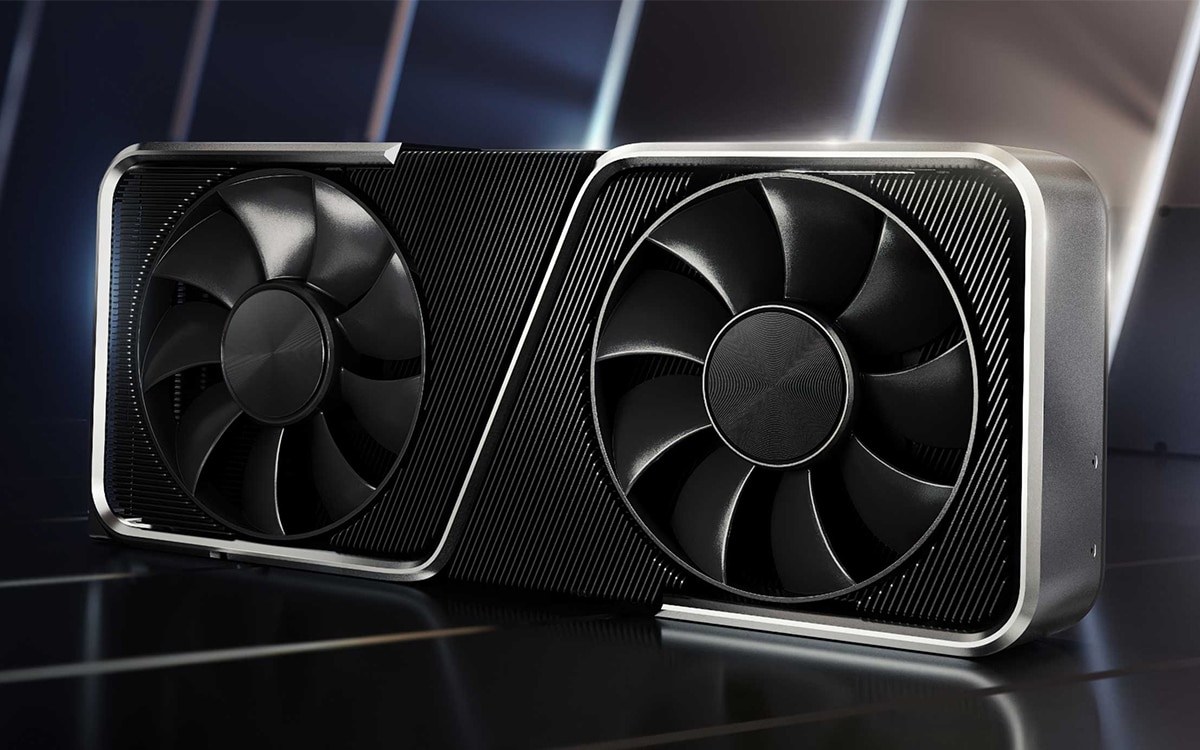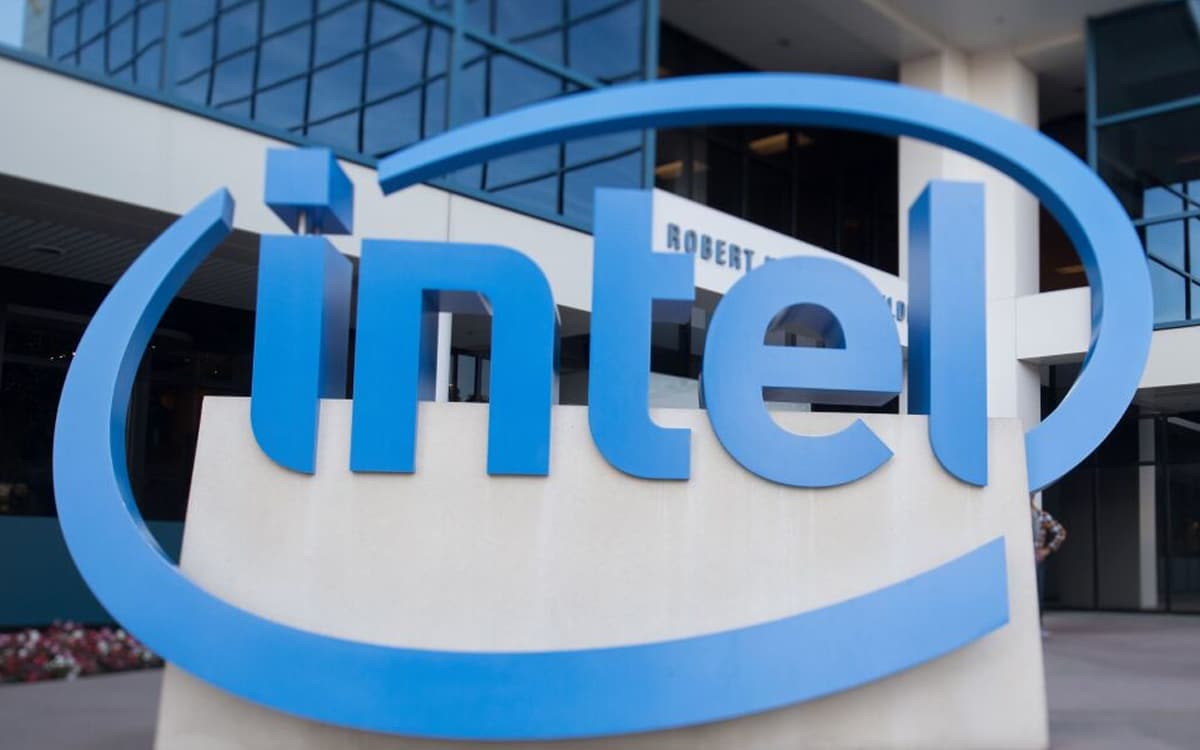The Nvidia RTX 4060 Ti would be faster than the RTX 3080 according to a first benchmark

If we already knew that the next Ada Lovelace graphics cards from Nvidia promised a fairly significant performance boost over the current generation, one of the less powerful graphics cards in the series could well prove to be faster than expected.
Like every year, the GeForce RTX 4060 and 4060 Ti are expected to become the most popular graphics cards in the coming years, thanks in particular to their more affordable price than other GPUs of the range, but above all thanks to their sufficient performance to run all the most demanding current games.
Before their official release, the cards have presumably already been tested, and leaker @QbitLeaks on Twitter reveals what we can expect. The GeForce RTX 4060 Ti would consume between 270 and 280 W and is clocked at around 2,600 MHz. This configuration allows it to obtain a score of 8,600 in the 3D Mark Time Spy Extreme benchmark. Such a score places it slightly above the GeForce RTX 3080.
What do we know about the RTX 4060 and RTX 4060 Ti?
The NVIDIA GeForce RTX 4060 Ti would use an AD104-180-A1 GPU with 6144 FP32 cores or 48 SMs. The graphics card is said to feature 10GB of GDDR6 memory on a 160-bit bus interface and is expected to run at 17.5Gbps for a total bandwidth of 350GB/s.
For its part, the GeForce RTX 4060 would operate at more than 2700 MHz, would consume 230-240 watts and would get approximately 6000 points in the 3D-Mark Time Spy Extreme benchmark. As previous reports indicated, the card’s consumption will therefore be slightly higher than the RTX 3070. The GeForce RTX 4060 will have 3968 CUDA cores and 8 GB of GDDR6 memory. Whereas the RTX 4060 sees its memory reduced by 4 GB compared to the RTX 3060the RTX 4060 Ti benefits from an increase in its memory capacity of 2 GB, but with less bandwidth and a reduced bus interface.
Either way, we should hear more about both cards soon as we get closer to launch. The latter should take place a few months after that of high-end graphics cards, expected this fall.




